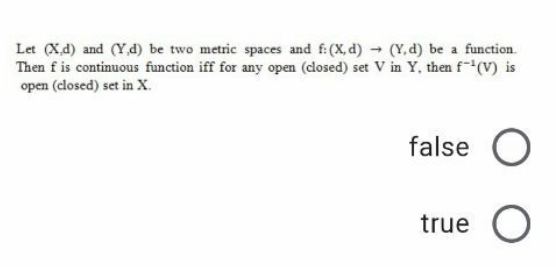
AllQuestion and Answers: Page 1129
Question Number 105704 Answers: 1 Comments: 2
Question Number 105700 Answers: 1 Comments: 0
Question Number 105692 Answers: 1 Comments: 0
Question Number 105687 Answers: 3 Comments: 0
Question Number 105686 Answers: 1 Comments: 0
$${solve}\:\mathrm{7}^{{x}} \:+\:\mathrm{24}^{{x}} \:=\:\mathrm{25}^{{x}} \: \\ $$
Question Number 105673 Answers: 2 Comments: 0

Question Number 105670 Answers: 1 Comments: 0
Question Number 105661 Answers: 2 Comments: 1
Question Number 105659 Answers: 2 Comments: 0
Question Number 105650 Answers: 2 Comments: 0
Question Number 105646 Answers: 1 Comments: 0
Question Number 105638 Answers: 2 Comments: 0
Question Number 105634 Answers: 0 Comments: 0

Question Number 105632 Answers: 1 Comments: 0
Question Number 105630 Answers: 0 Comments: 2

Question Number 105625 Answers: 1 Comments: 0
Question Number 105619 Answers: 2 Comments: 0
Question Number 105616 Answers: 2 Comments: 0

Question Number 105614 Answers: 2 Comments: 1
Question Number 105613 Answers: 1 Comments: 0
Question Number 105609 Answers: 0 Comments: 0

Question Number 105605 Answers: 2 Comments: 0
Question Number 105603 Answers: 2 Comments: 0
Question Number 105599 Answers: 1 Comments: 0

Question Number 105598 Answers: 1 Comments: 0

Question Number 105596 Answers: 0 Comments: 1

Pg 1124 Pg 1125 Pg 1126 Pg 1127 Pg 1128 Pg 1129 Pg 1130 Pg 1131 Pg 1132 Pg 1133
